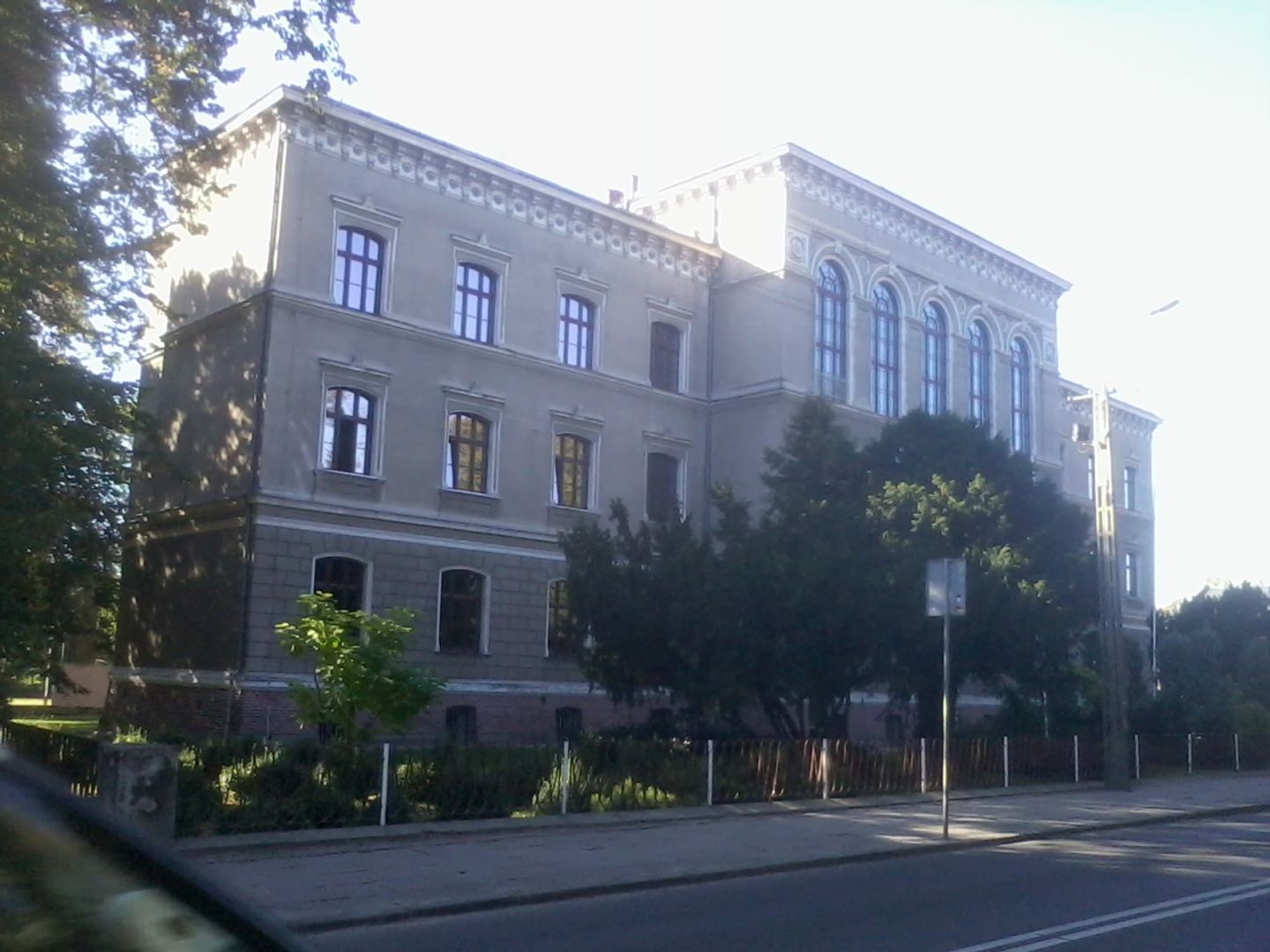Kluczbork
7.04

Overview
Kluczbork, formerly known as Kreuzburg, is a town in the Opole Voivodeship with a rich history dating back to the 13th century, when it was granted town rights by the Teutonic Order. Located on the border of the Silesian Lowland and the Silesian Upland, its history has been intertwined with various states, from the Kingdom of Poland, through Bohemia and Prussia, to Germany. Kluczbork boasts numerous historical monuments, including churches such as the Church of Our Lady Help of Christians from 1911–1913 and the Church of Christ the Savior from the 14th century, the Evangelical rectory, and defensive walls from the 15th/16th centuries. The town also has interesting cultural traditions, such as a reggae music festival, and strong connections to the music scene, represented by local artists. Kluczbork is not only a place with a rich heritage but also a dynamically developing economy, where the key roles are played by the machinery industry, knitwear, and services. In recent years, the town has gained importance as a transport hub thanks to its developed network of national roads and a railway station, which enhances its attractiveness for investments. The history of Kluczbork is also marked by hardships, especially during the Thirty Years' War and World War II, when numerous demographic and political changes had a profound impact on the local community. After the war, Kluczbork underwent administrative transformations, becoming part of Kluczbork County, and in 1999, it once again became the county seat. Today, the town has a multicultural character, with diverse religious communities and vibrant educational institutions. Kluczbork is also a sports hub, with several clubs, including the well-known football club MKS Kluczbork and the Kluczbork Karate Club, which trains successful competitors. The town combines a rich historical heritage, dynamic development, and vibrant cultural life, making it an interesting place on the map of Poland.
Location
You can also find here:
2026 Wizytor | All Rights Reserved
